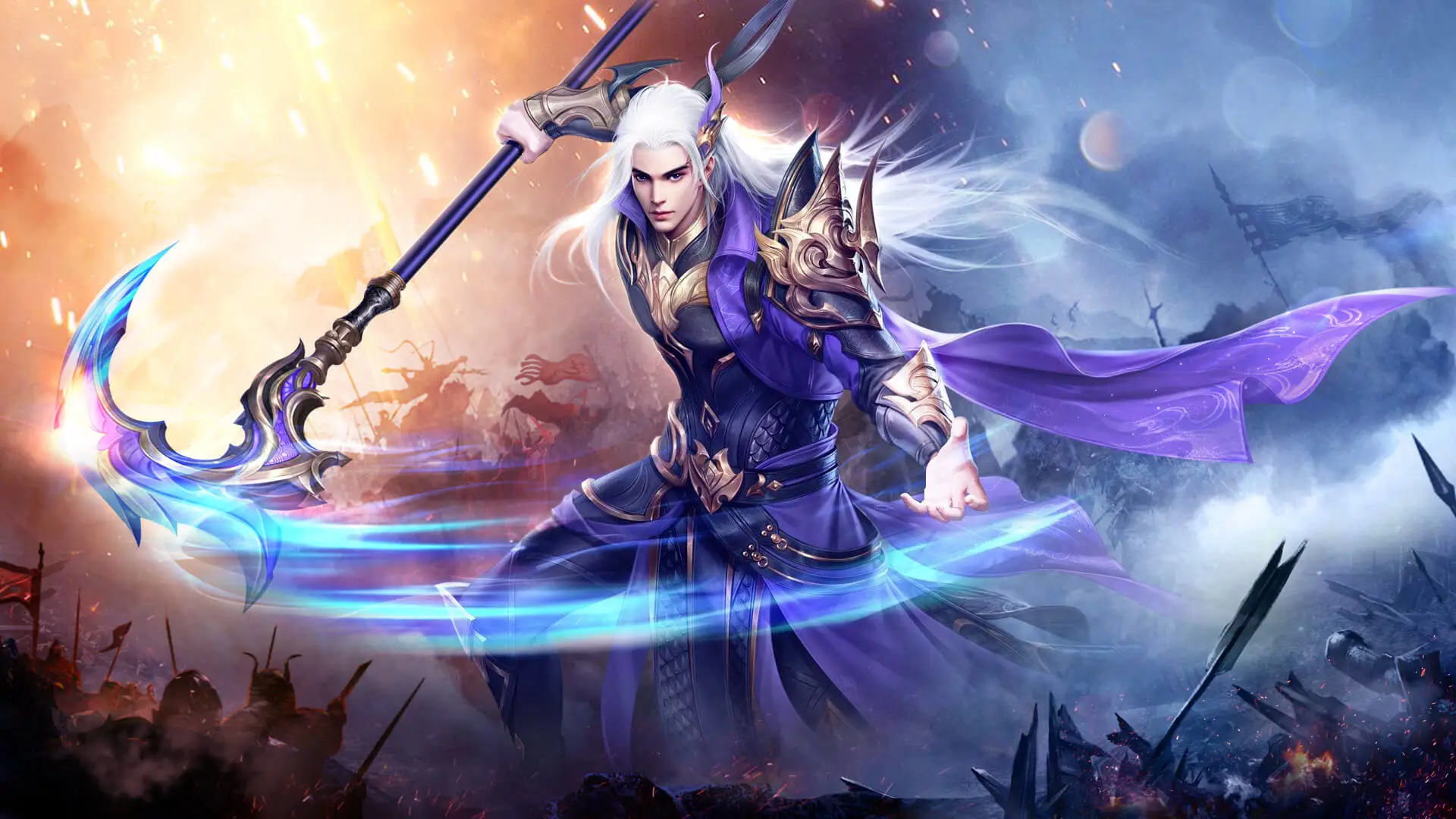Standout Highlights from Recent Deep Game News
The video game industry continues to evolve at a breathtaking pace, with each week bringing a fresh wave of announcements, technological breakthroughs, and cultural moments. Cutting through the noise to find the most impactful stories can be a challenge. From the frontiers of artificial intelligence to seismic shifts in corporate strategy and the triumphant return of beloved franchises, here are the standout highlights from recent deep game news.
The Generative AI Revolution Hits a Creative Wall
One of the most discussed and contentious topics has been the rapid integration of generative AI into game development. Recent news, however, highlights a significant pushback from the creative core of the industry. A major triple-A studio recently faced intense criticism after its CEO suggested using AI to generate in-game dialogue and environmental art, aiming to reduce costs and speed up production.
The backlash was swift and severe. Prominent narrative designers and concept artists took to social media and industry forums, arguing that this approach would strip games of their soul and lead to homogenized, derivative worlds. They emphasized that human experience, intentionality, and creative friction are irreplaceable components of compelling art. This incident has sparked a crucial industry-wide debate: while AI can be a powerful tool for prototyping or automating mundane tasks, its role in core creative endeavors is being fiercely contested. The consensus forming is that AI should assist artists, not replace them, marking a pivotal moment in defining the ethical and practical boundaries of this new technology.
Microsoft's "Port-All" Strategy and the New Multi-Platform Era
In a move that signals a fundamental shift in console war philosophy, Microsoft has officially begun its multi-platform publishing strategy. Following the successful release of titles like Sea of Thieves on PlayStation 5, the company has confirmed that more formerly Xbox-exclusive games are slated for competing platforms. This isn't just about selling more copies; it's a deep strategic pivot towards a service-based ecosystem where Game Pass, xCloud, and software sales take precedence over pure hardware allegiance.
This strategy has profound implications. It challenges Sony and Nintendo to respond in kind, potentially leading to a more open gaming landscape where exclusive titles become rarer. For developers, it means access to a wider audience. For players, it promises greater freedom of choice. This move de-emphasizes the console itself as the ultimate goal, repositioning it as one of many access points to a publisher's content library. It’s a bold, forward-thinking bet on the future of gaming being platform-agnostic.
The Resurgence of the "Comfy" Co-Op Genre
Amidst a market saturated with high-stakes shooters and intense RPGs, a quieter revolution is taking place. The "comfy co-op" genre, led by phenomenal break-out successes like Palworld and the recently launched Lightyear Frontier, is dominating player engagement charts. These games prioritize collaboration, relaxation, and tangible progression over combat and conflict.
Lightyear Frontier, in particular, has been a recent highlight. This mech-farming sim tasks players with rehabilitating a polluted alien planet. There's no combat; the core loop involves harvesting resources, building a homestead, and cleaning the environment with friends. Its stunning low-poly art style and serene soundtrack have been praised for creating a genuinely therapeutic experience. This trend underscores a growing player desire for positive, low-anxiety social games that serve as a digital hangout space, a stark and welcome contrast to the often stressful competitive multiplayer scene.
Embracer Group's Restructuring and its Industry-Wide Ripple Effects
The ongoing restructuring of the colossal conglomerate Embracer Group continues to send shockwaves through the industry. After a reported $2 billion deal fell through, the company has embarked on aggressive cost-cutting measures, resulting in studio closures, project cancellations, and mass layoffs. Recent news confirmed the shuttering of TimeSplitters studio Free Radical Design and the sale of famed developers like Saber Interactive.

This situation serves as a deep, sobering case study on the perils of hyper-consolidation. Embracer's strategy of acquiring a vast array of studios and IPs was predicated on continuous growth. When that growth stalled, the structure proved unstable. The human cost has been significant, with hundreds of talented developers losing their jobs. Furthermore, it has led to valuable IPs like Deus Ex and Legacy of Kain being shelved indefinitely. This saga has prompted a reevaluation of acquisition strategies across the board, with a newfound emphasis on sustainable, organic growth over aggressive expansion.
Nintendo's Next-Gen Console: The Carefully Built Hype
While not officially announced, credible reporting from multiple outlets has finally pierced the veil of secrecy surrounding Nintendo's next-generation console, tentatively referred to as the "Switch 2." Recent deep-dive reports suggest a late 2024 target for release, featuring backward compatibility with the massive Nintendo Switch library—a masterstroke that would ensure a instant software library for the new device.
More intriguingly, the reports detail demonstrations to developers featuring enhanced NVIDIA DLSS-like AI upscaling technology, allowing the console to output 4K resolution in docked mode while maintaining the portability of its predecessor. The potential for a seamless transition, building upon the Switch's unprecedented success rather than reinventing the wheel, demonstrates Nintendo's disciplined, player-first philosophy. This careful, leak-managed buildup of hype is a textbook example of how to maintain market excitement for a current platform while strategically preparing the audience for its successor.
Conclusion: A Industry in Constant Flux
These highlights paint a picture of an industry at a crossroads. It is grappling with the ethical implications of AI, rethinking decades-old business models around hardware exclusivity, and responding to evolving player tastes for comfort and connection. Meanwhile, corporate maneuvers remind us of the market's volatility and human impact. Through it all, the constant is innovation—whether technological, creative, or strategic. The deep game news of today is shaping the playable realities of tomorrow, ensuring the medium remains as dynamic and unpredictable as the worlds it creates.
















